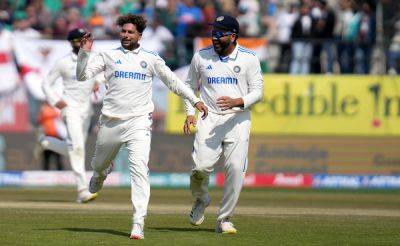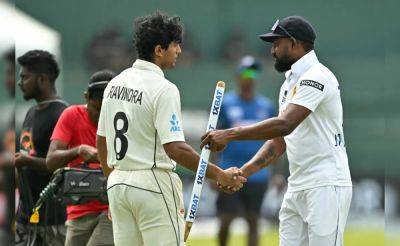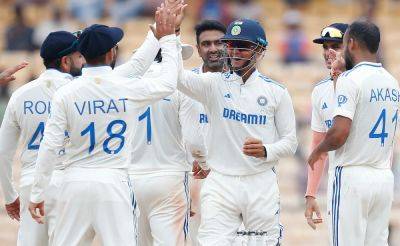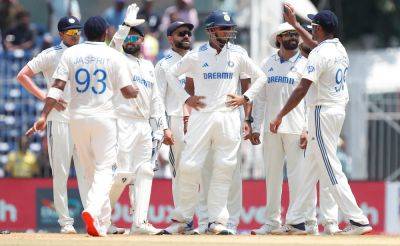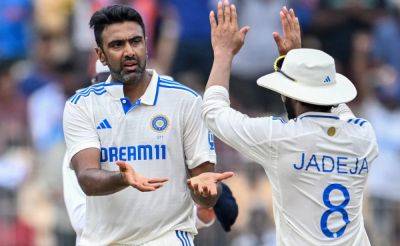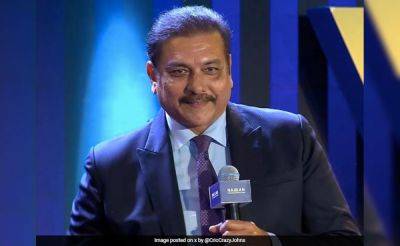This Cricketer Played 1st Test 15 Years After 'Death', Even Came To India
The year was 1915. World War I was at its peak in Europe with Great Britain coming up heavy attack from the German forces. The death toll was rising with every passing day and it included hundreds of youngsters who were enlisted in the army specifically for the war. One such army recruit was Harry Lee – a Middlesex cricketer who joined the 13th Battalion, part of the London regiment, and fought in the Battle of Aubers Ridge began on May 9. He was presumed dead in the battle and his parents even held his memorial. However, 15 years later after his ‘death', Lee went on to play his first Test for England when he took the field against South Africa at Johannesburg on February 13, 1931.
Lee was already a cricketer for Middlesex when he was sent to war and although he did sustain a bullet wound on his left thigh, he was miraculously alive. He was taken a hospital in Valenciennes, France by the German forces where he stayed for almost six weeks before being handed over to the German Red Cross. He received permission to return to England started his journey in October.
He was discharged from the Army in December and was honoured with the British War Medal, 1914-15 Star, Silver War Badge, and Victory Medal. But, during his treatment in London, he was informed that he has suffered muscle death resulting in one leg being be permanently shorter than the other.
Lee worked as a filing clerk in the War Office but did not let go of his one true passion – cricket. He scored a century for Royal Army Service Corps in a match against Lancing College and then decided to move to India where he worked as football and cricket coach to the Maharaja of Cooch Behar.
Lee finally made his comeback to first-class cricket in India in March 1918 where



